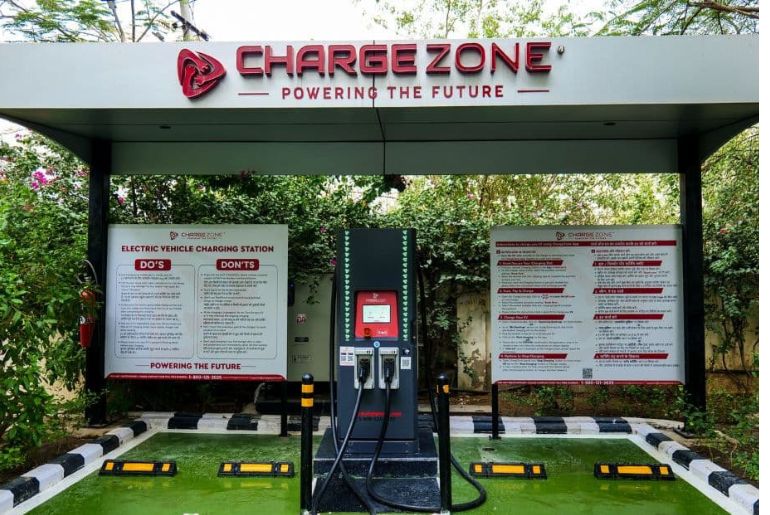The Battery Passport System is a new offering from ChargeZone. This digital platform collects extensive data at every stage of a battery’s lifecycle to create a full record.
The Battery Passport System provides clear information at every stage of the battery’s life in an effort to facilitate the shift from a linear to a circular economy. All parties involved in the EV battery ecosystem—EV purchasers, producers, recyclers, and economic operators—are intended to gain from this transparency.
Additionally, the system will optimize battery value and utilization. For commercial electric vehicles such as buses and trucks, ChargeZone would provide upfront battery costs coverage, transparent energy pricing for pre-defined mileage, and dependable performance indicators through a Battery-as-a-Service (BaaS) model. By using real-time monitoring of important battery parameters, it will also help in recycling and repurposing battery packs.
The Battery Passport System’s launch was welcomed by ChargeZone CEO and founder Kartikey Hariyani as a step toward reinventing the EV market in India. He added that in order to support financial sustainability, the system has a financial component that breaks apart EV and battery expenses.
In India’s growing electric bus sector, the first deployments will focus on electric buses with 200KWh battery capacities, with long-term agreements for Energy as a Service (EaaS) and Charging-As-A-Service (CaaS) planned. Repurposing batteries for lower-duty cycle applications is also made easier by the system.
The expansion of electric vehicles in India has accelerated the growth of the battery storage industry. Based on projections, India’s need for electric mobility could propel the country’s battery storage capacity to 600 GWh by 2030. The Indian government wants to install about 500 GW of renewable energy capacity by 2030 as part of its renewable energy ambitions, which emphasizes the need for adaptable energy solutions like battery storage.

